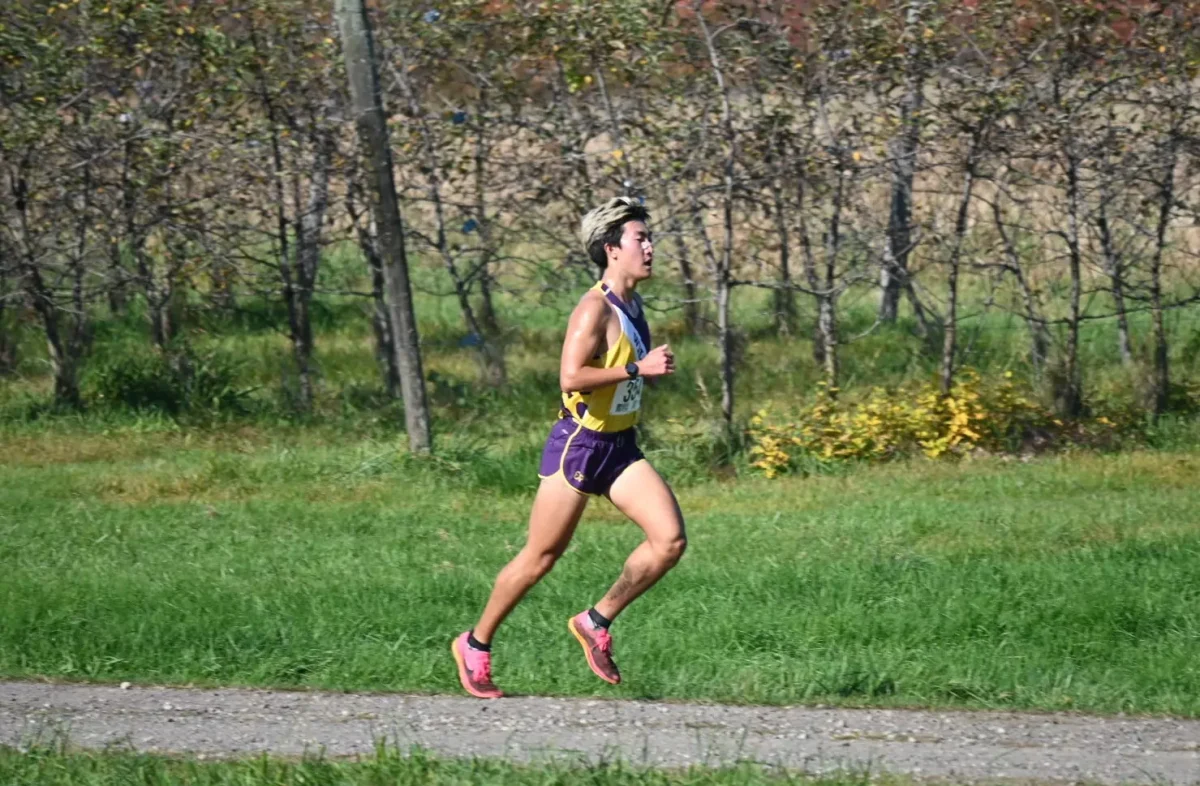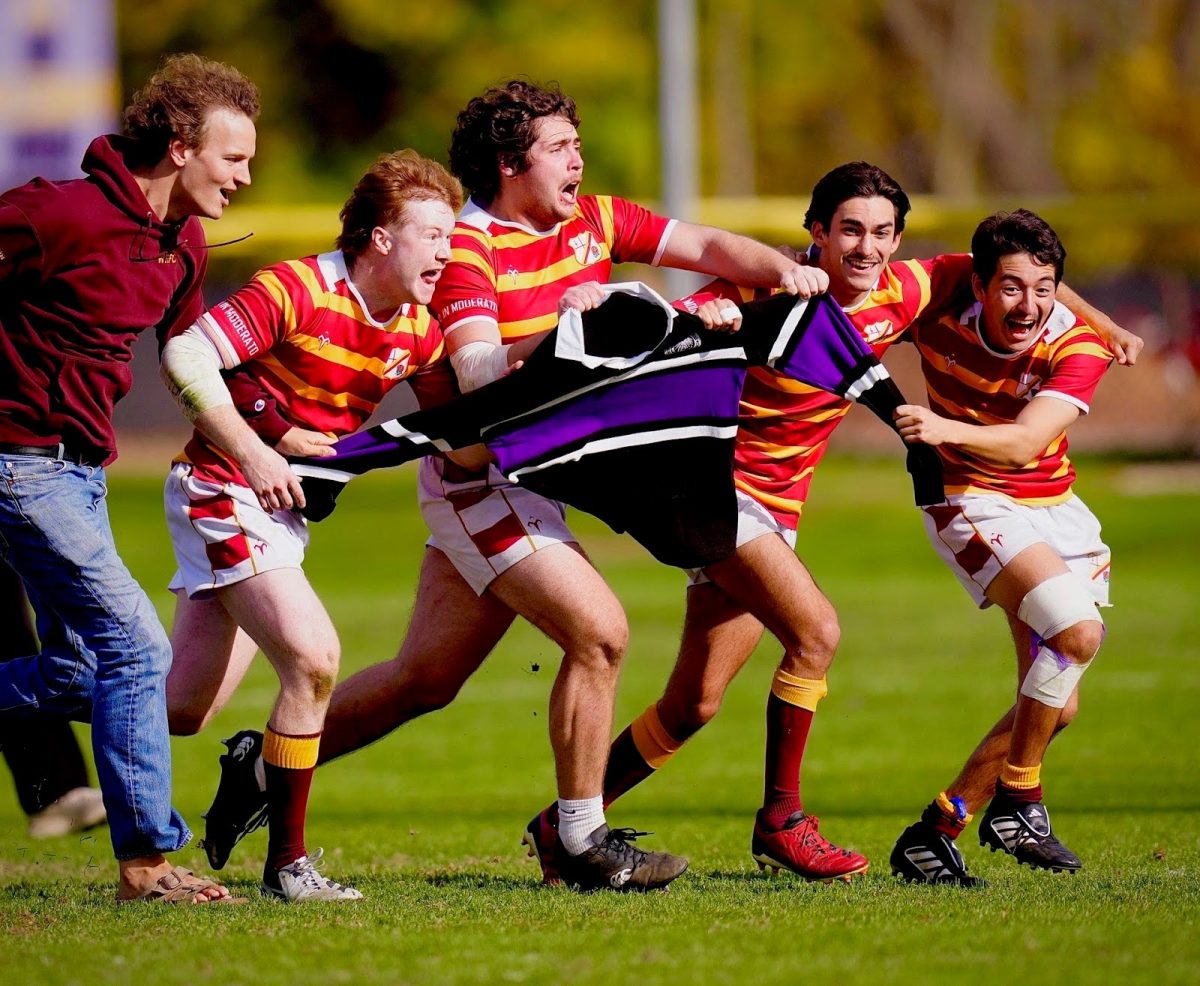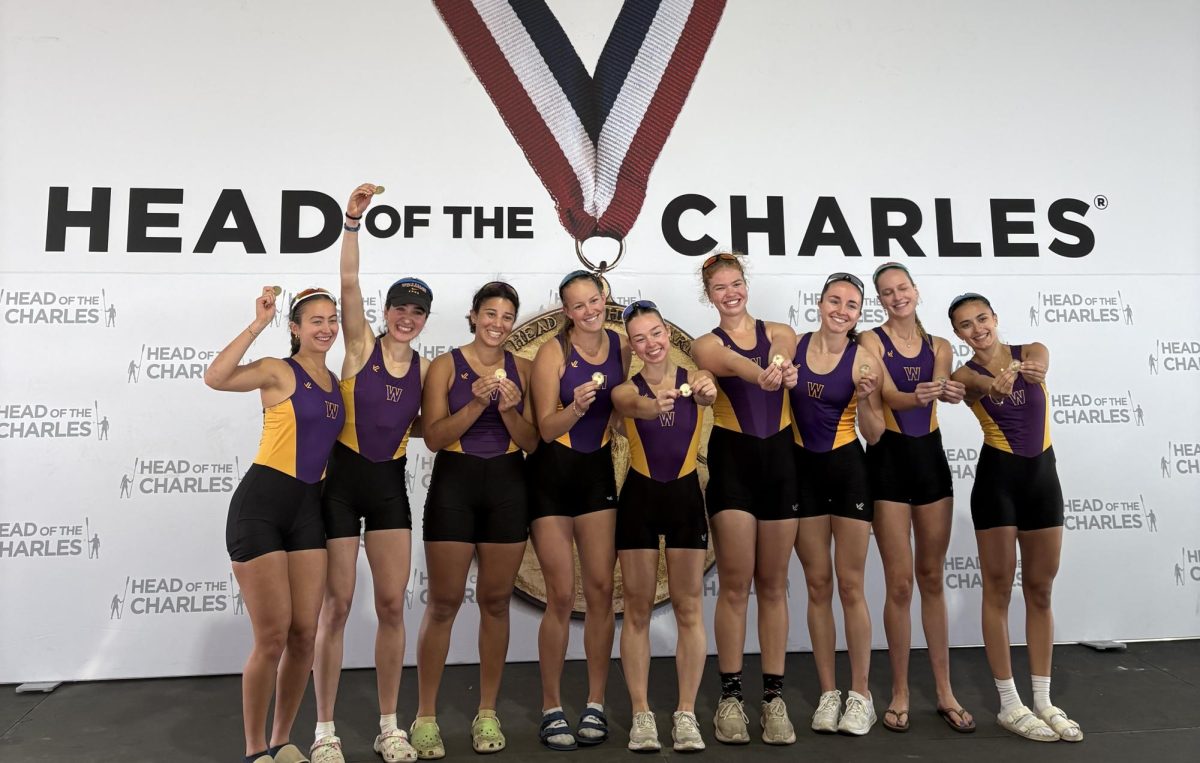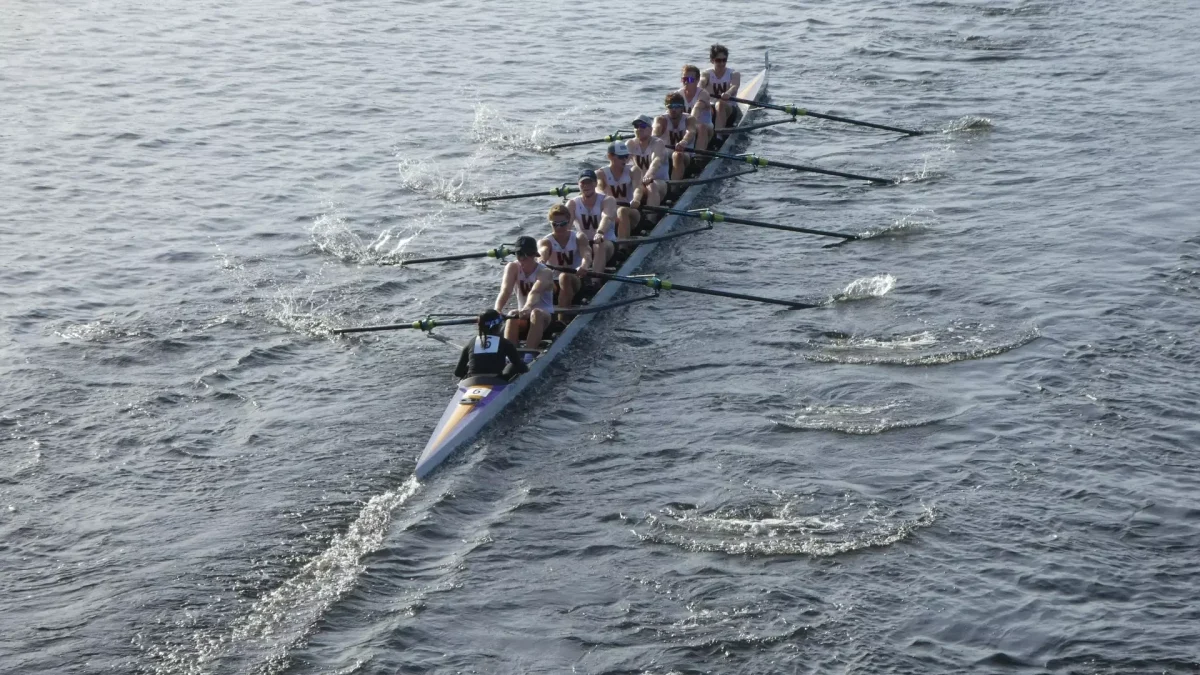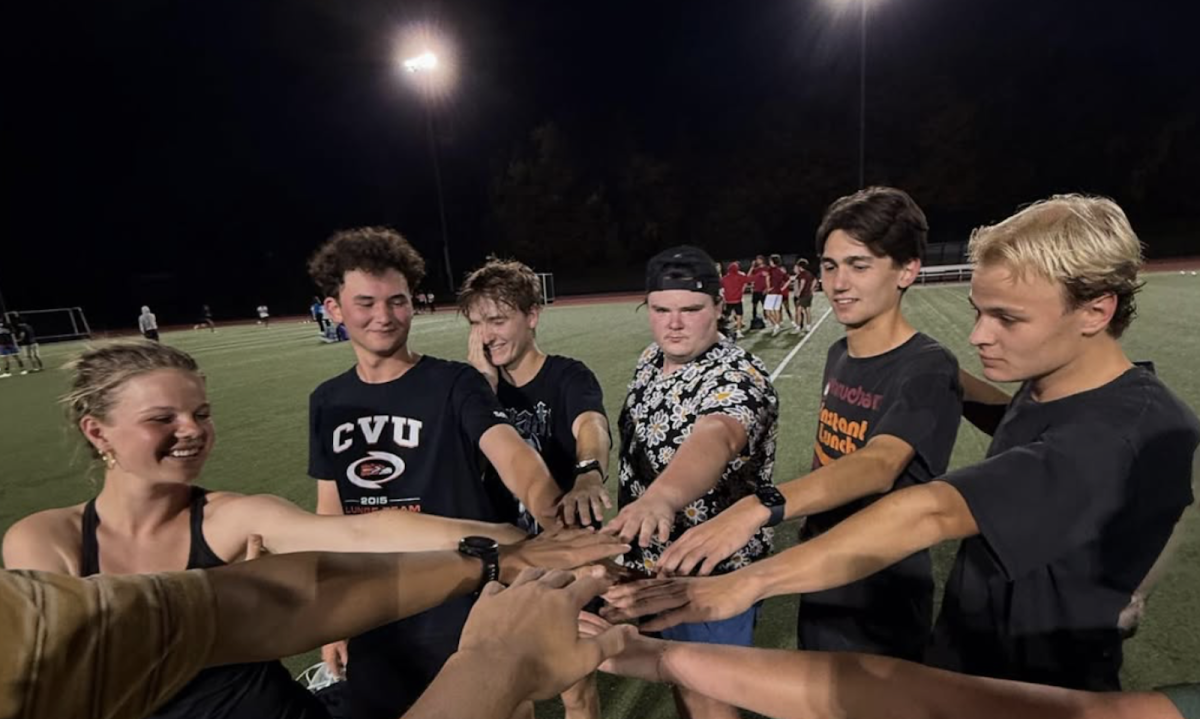For many student athletes, much of the adjustment to remote learning has included losing access to training facilities and resources, hindering their ability to stay physically and mentally fit for both themselves and for their teams. Yet in response to the shock, many coaches have gone out of their way to keep in contact with their team members, providing guidance, support and suggestions for continuing to stay active during quarantine.
In some cases, training remotely does not look too different: athletes trained with familiar instructions sent from coaches. “Coaches have been giving us workouts that are fairly similar to what we would be doing in outdoor track at this point,” said Brianna Bourne ’21, co-captain of women’s cross country.
Former captain Kenneth Marshall ’20 had similar experiences on men’s cross-country. “Our coaches have been coming up with ways to complement our weekly mileage,” he said. “We runners have adhered to the amount of running we normally do at Williams, and have exceeded that on some occasions thanks to the extra sleep we’ve been getting.”
Just because some of the workouts are essentially the same, however, does not mean that training is easy for Ephs away from campus.
Coaches have been generally understanding when athletes encounter difficulties and prioritize the overall well-being of their students, according to Bourne. “They understand if we can’t follow the training schedule perfectly, or even at all, given the circumstances,” Bourne said. “There’s a lot of flexibility right now.”
Even if their daily regimens look different, training instructions from coaches have served as a way to connect student athletes to their sport and their team. Many reflected upon the shared pride and understanding circulating through teams as they begin to rationalize their new environments. “I am exceedingly proud of our team for conducting ourselves like this,” Marshall said. “It takes courage to stand up and go about your day as you typically do in the face of such frightening circumstances.”
In other cases, not only have the circumstances completely changed, but the sport itself can no longer resemble what it was at the College. Many of the coaches of these teams have opted not to provide rigid training schedules for their team members; instead, they organize group phone calls to stay in touch on a regular basis as a way of checking in with individual progress and keeping spirits up.
Alice Lee, head coach of women’s lacrosse, attempted to make training look the same as it had during the team’s time at the College in an effort to maintain regularity. “I’ve assigned weekly fitness and stickwork challenges,” she said. In addition to physical training, she has scheduled weekly team Zoom calls for “yoga, trivia, and check-ins,” as well as individual check-ins for each player. She also mentioned that the team GroupMe has started a “selfie Sunday” challenge.
George McCormack, head coach of men’s lacrosse, explained that his way of communicating with the team has been “primarily via phone calls, just to check in on how they’re doing.” He also organized a virtual banquet so that the graduating seniors on the team could be properly honored. He handed out team awards and announced next year’s captains in an effort to regain some sense of normalcy.
Similarly, Kris Herman, head coach of women’s softball, emphasized how important it was to “go easy on the formal training” and allow the team to “absorb the significant loss of the year and get through the academic semester.” She added that she and the team have been putting a lot of effort into making the Class of 2020 feel appreciated for their dedication, hosting “an alumnae reunion via Zoom with about 75 softball alums.”
Many of the coach’s phone calls to the team are split up by class year, in an effort to acknowledge that the unique struggles each respective class year is facing. As teams prioritize well-being and maintaining connections throughout a time when adhering to a tight workout schedule may be an extremely difficult endeavor, coaches emphasize the importance of staying active in the ways that students feel they can. “We talk about controlling the controllable and finding the silver linings in each situation,” Alice Lee remarks. While sports cannot continue as they would on campus, thanks to the commitment and creativity of teams and coaches, they have not dissolved completely in the wake of the crisis.



